This article is prompted by recent discussions on NextDoor about the County Board of Supervisors decriminalizing failure to wear masks when required and authorizing fines for violations. Much of the discussion involved how the enforcement process would work, who would be enforcing it, etc.
Standard disclaimer: I am not a lawyer. But I’ve become fairly knowledgeable about how and why “the law” works the way it does as a result of being an elected official. Of course, “the law”, by its nature, evolves as ordinances change and courts opine in response to challenges. So things may have changed by the time you read this.
I believe much of the confusion around the Board’s action derives from not understanding the difference between administrative (“civil”) violations and criminal violations. Both are violations of community rules (laws and regulations), and administrative violations can turn into criminal violations. But they start out very differently, and for good reason.
A criminal violation is what most people think of when they think about a law or regulation being broken. It puts an individual at risk of being arrested and processed through the criminal justice system, and possibly ultimately spending time in jail or prison.
Criminal violations come in several flavors, distinguished by their degree of severity. The lowest level is an infraction, such as a parking ticket. It is a criminal offense but doesn’t expose you to arrest and jail time and isn’t part of your permanent record. Next up are misdemeanors, which do expose you to arrest, prosecution and possible jail time, and are recorded in your record. The highest level criminal violations are felonies, which can result in substantial punishments.
Administrative violations are different. You aren’t at risk, at least initially, of being arrested. Instead, you must correct whatever violation you’ve committed and usually pay a fine.
A good example of an administrative violation is building too tall a fence on the border of your property. Many communities, including San Carlos, believe too substantial a fence undermines the quality of a neighborhood and so enact laws limiting fence heights. In our community you can build a six-foot-tall fence, with an optional additional foot of open lattice work.
If you build a 15 foot tall fence your neighbor can file a complaint with the city. A building inspector will come out to observe the situation, and you’ll be issued an order to bring the fence into compliance. A fine may also be levied against you.
But the citation won’t be issued by a sworn law enforcement officer1. And you won’t be subject to arrest.
That does not mean you can blithely ignore the citation and fine. If you do you risk further citations and fines – for failing to comply – and, if things get bad enough, you can be charged criminally. But not necessarily for the original violation. Instead, you’d likely be charged for failure to comply with a lawful order, which is a criminal offense. That’s when a sworn law enforcement officer can show up, read you your rights, and take you away to be brought before a judge.
Prior to the Board of Supervisors action on August 4th failure to comply with the State rules involving when and where to wear a mask was a misdemeanor. Violators were at risk of being arrested and processed by the criminal justice system. Paradoxically that also meant the rule was relatively lightly enforced.
The primary purpose of enforcement isn’t to punish people. It’s to conform behavior to what the community has determined is necessary to maintain public health and safety. If the threat of criminal prosecution is enough to get the needed level of compliance law enforcement would be perfectly happy to never have to arrest anyone.
Unfortunately, in the case of State masking requirements, the Board of Supervisors determined the level of compliance wasn’t high enough, putting the community’s health, safety and well-being at risk.
They could’ve ordered more vigorous enforcement of the existing misdemeanor statutes. Instead, they opted to both reduce the severity of enforcement – that’s the “decriminalization” part – and increase the potential for more frequent citations and fines. They did this by allowing transgressions to be treated as administrative violations, infractions (i.e., like parking tickets) or misdemeanors, depending upon the severity of the non-compliant behavior. By making enforcement less onerous and more common the hope is community members currently not complying with State regulations will change their behavior.
Just like citations involving unlawful fences do not need to be served by sworn law enforcement officers, administrative citations involving failure to comply with State mask regulations will no longer need to be served by sworn law enforcement officers2. Individuals will still have the right to contest administrative citations in an administrative hearing3. They will also know which agency is citing them because that’s part of the citation documentation, the ticket, they’ll be issued.
Moreover, they’ll also be able to avoid citation, and fines, by changing their behavior immediately. Because violators are required to be warned, and given an opportunity to correct the problem, before they are cited. The warnings will be recorded by the authorities, to keep track of people who agree to change their behavior but fail to do so.
But, as with any administrative violation, violators won’t be subject to detention and arrest…at least initially. However, just like with the fence example, failure to comply itself exposes one to the risk of triggering a criminal violation.
Some will argue even administrative citations are unfair because they believe the State’s masking requirements are based on flawed medical information and/or are unconstitutional. The freedom to act on such beliefs, through our system of government, is part of our system of government. Everyone has a protected right to challenge laws, and their constitutionality, through the political/legislative and judicial processes.
What none of us have the right to do is decide, by ourselves, what “the law” is and force it to conform to our personal conclusions. “The law” is a community asset, owned by the community. That’s true even of our constitutional framework, which is owned by all of us living under it. Both the law and the Constitution are subject to change…but not to individual demands.
A sworn officer is someone who must meet higher standards of training and performance and is accorded more authority by the community to act on its behalf including the authority to be armed and to use such serious and/or fatal tools in the course of his or her duties. A sheriff’s deputy is a sworn officer. The community services officer who gives you a parking ticket is not. ↩
Nor will infractions, if the situation warrants something more substantial than an administrative citation. ↩
Infractions and misdemeanors will still be handled by the court system. ↩

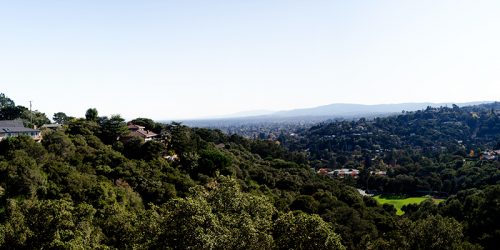
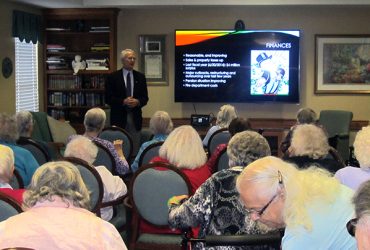
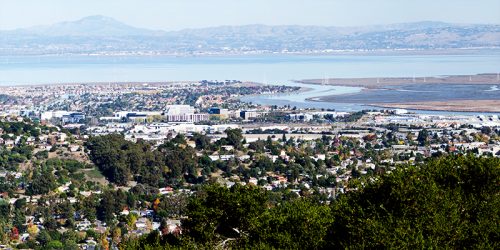
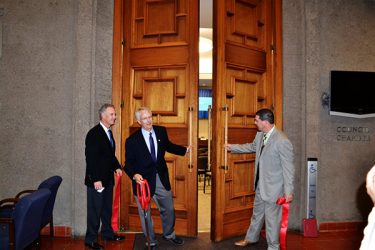
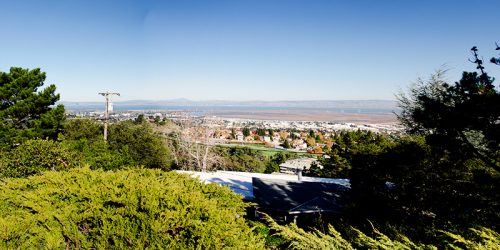
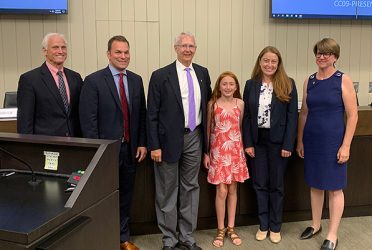
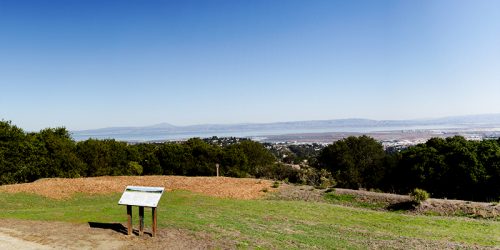
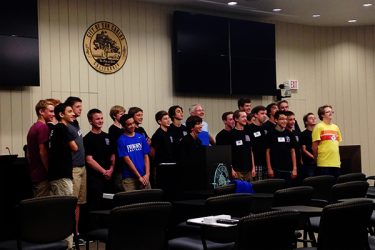
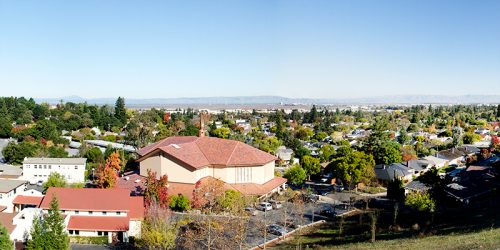
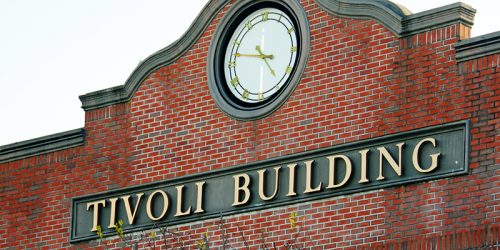
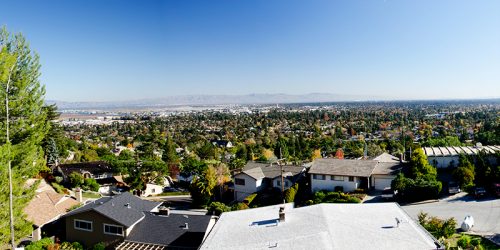
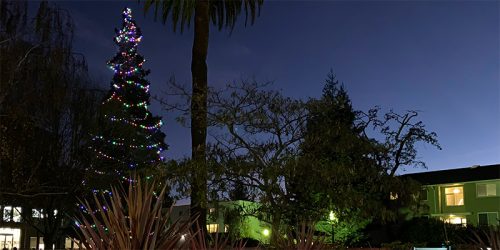
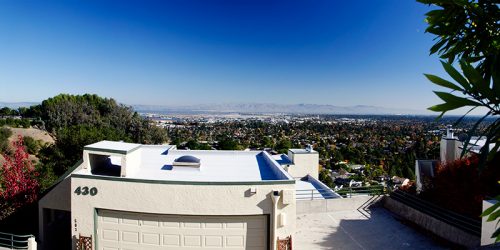
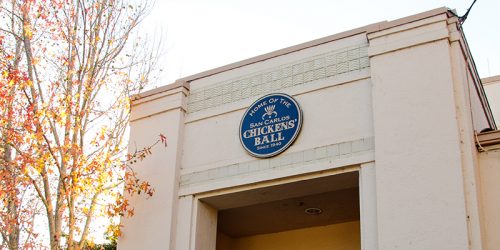
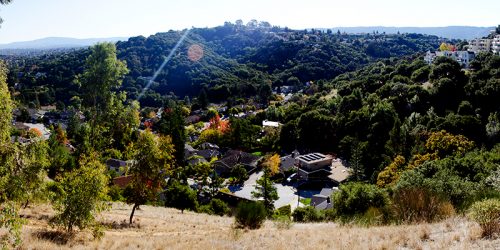
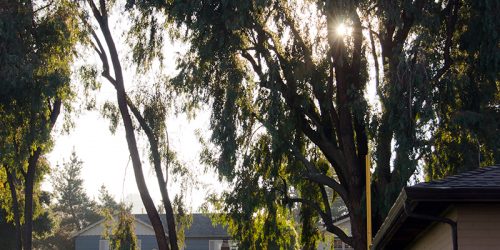
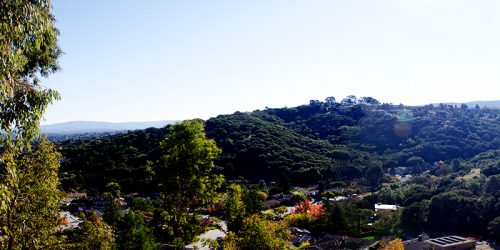
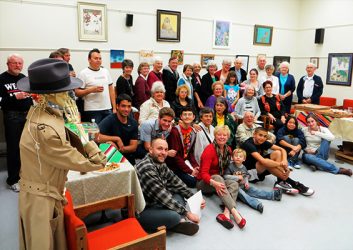
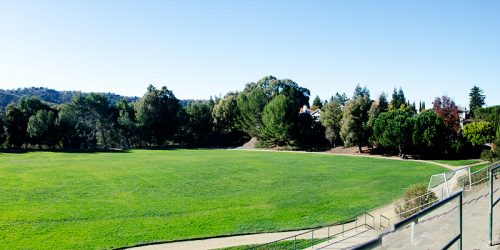
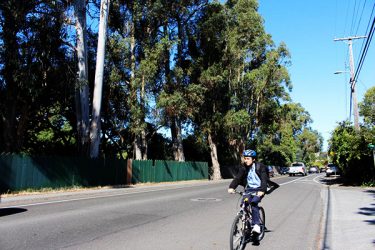
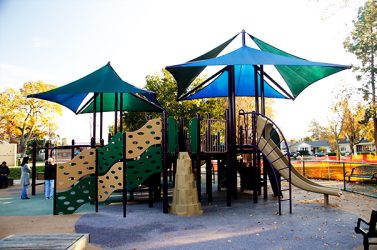
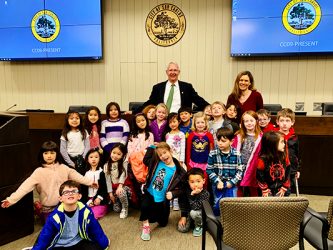
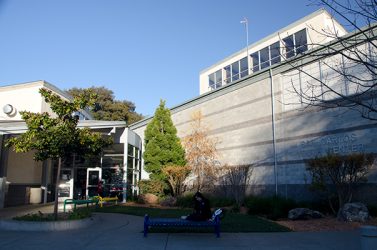
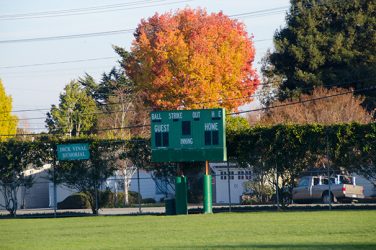
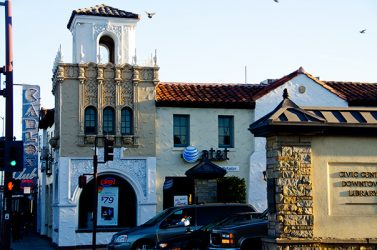
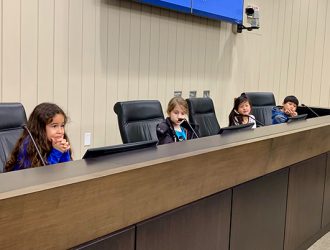
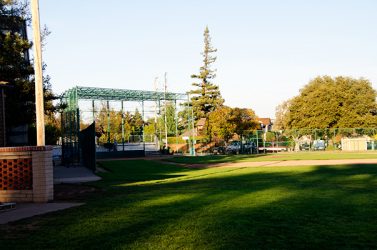
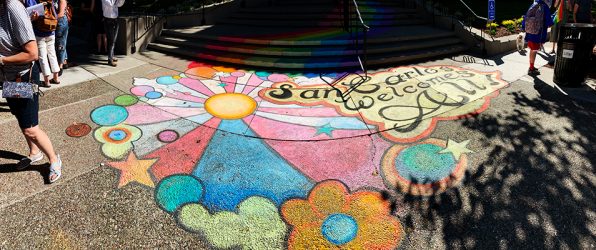
8 thoughts on “Mask Requirements, Administrative Violations, Criminal Violations and Enforcement”
Is it mandatory for mail carriers to wear a mask when making mail deliveries. If so, the San Carlos Post Office needs to be informed as one of their mail carriers dleivers mail without a mask.
A good question, Elisabeth. I’m not sure, since postal employees are employees of a Federal agency/organization and Federal rules, or lack thereof, usually trump state and local rules. Like the trick question on the written test for a driver’s license, “which vehicle has the ultimate right of way?”, where the answer is “the post office truck” :).
My advice is to report the situation to the post office to have them deal with it.
The big difference is that these other administrative violations are associated with your car, home or business, not with your person. There is no need for a code enforcement officer to confront you personally and ascertain your identity. How is identity of the person given citation going to be verified? How will the court decide if it was ultimately served to the right person?
Hi Oleg,
I think that’s a distinction without a difference. Violations of any kind — administrative or criminal — are never asserted against things. They’re always asserted against individuals (given that corporations are considered “people” under the law).
In the case of a code enforcement officer the “identity” of the individual can always be traced back to the property owner, because that’s the individual who is responsible for code violations.
In the case of being issued a citation for not wearing a mask the result would be the same but the trajectory of the identification process different.
Someone might be able to refuse to identify themselves to an unsworn officer attempting to cite them for not wearing a mask when one is required. I know it’s unlawful to refuse to identify yourself to a sworn officer (there’s a famous Supreme Court case on the matter) but don’t know if that applies to unsworn officers.
But if you refused to identify yourself the unsworn officer could take your picture and turn the matter over to law enforcement. You cannot restrict someone from take your picture in a public area and the mask requirements are only enforceable in public areas.
Me, I wouldn’t risk that. Because I suspect the consequences would be pretty severe relative to simply wearing a face mask.
Of course, as I mentioned in the article above, I’m not a lawyer and regulations can be taken to court for adjudication.
I’m curious, though. Why so much concern about this? It hardly seems more “invasive” a regulation than having to stop at stop signs or not being allowed to hold or use your cell phone while driving or not speeding on the roads or having to wear clothes in public. And I say that as someone who wears glasses and has yet to find a mask which doesn’t at least sometimes cause my glasses to fog up :).
We just had a huge national conversation on role and actions of police. Chinedu Okobi died on October 5, 2018 in Millbrae after police initially confronted him for jaywalking. Jay Garcia has been shot after being confronted sleeping in the car. Eric Garner died after confrontation over selling cigarettes on the street. It’s is not the question of what you and I would do, but neither police officers/unsworn officers nor citizens are perfect. Someone will be drunk and combative, someone else will be at the end of the tough day, people will get hurt where they would have just got home without the initial confrontation. If we want to reduce number of such tragedies – which can happen to anyone, although not with the same probability – we have to be mindful of laws proliferating to such a degree that an average person ends up breaking a couple every week. Or if we keep multiplying the circumstances where people can be stopped by an officer, lets stop pretending that we care about a thousand or so police homicides per year out of which perhaps a hundred or so is unjustified.
I believe you’re equating a number of different issues. Or perhaps discounting more than I would the role of nuance and balance in how laws are crafted and administered. I see what the Supervisors did as likely to reduce the potential for conflict and harm — harm including harm to community health — not increase it. Few people fight about parking tickets (unless they really think they were inappropriately issued) and even less fight about building fences that are too tall. But your mileage may differ.
Curious as to how you will deal with the homeless. They are often the worst offenders and deliberately refuse to wear them. I know this from personal experience on a daily basis. They are destroying Caltrain and BART right now with their flaunting of the law and what’s the point in fining them? How many times will they be cited before something is done to remove them.
Will you send police patrols into apt complexes to warn and cite people for not mask wearing or again is this just one of those”well, if we happen to see someone not wearing a mask we’ll give him a citation” when there are probably 10-15 people walking around our complex each night refusing to wear masks
This is what annoys me so much about the inefficiency of our politicians.(I’m not aiming that at you personally) You make these laws but the way you enforce them is lousy and selective Would you have the transit police board a Caltrain at San Carlos and cite the homeless who are likely carriers of the Covid disease or will they continue to be a protected species and will it be the innocent walker who will be stopped and spoken Toby an anonymous “enforcement officer” and either warmed or given a monetary fine???
Different aspects of a problem often have to be dealt with in different ways, and it’s rare for public actions to solve a problem if by “solving” you mean “eradicate it completely.” We’ve been dealing with murders for thousands of years and have yet to find a foolproof way of holding everyone who commits one accountable.
The best that can be done is to shift the balance. That’s what the Supervisors are attempting to do, I think. Will their most recent action directly address the issue you cited about the homeless? I doubt it. If you’re homeless the possibility of a fine likely means little.
OTOH the Supervisors previously committed a significant amount of resources to establishing safer havens for homeless people than the encampments they typically all they can create for themselves, for the specific purpose of reducing the health threat they represented to the broader community as a result of Covid-19. Did that completely address the issue? No. But it certainly helped, and may have helped quite a bit.
In my opinion if the standard one holds to is “do nothing unless you can completely and totally solve a problem” we’d never be able to do anything of any value. Which would lead to a pretty bad world, I think.